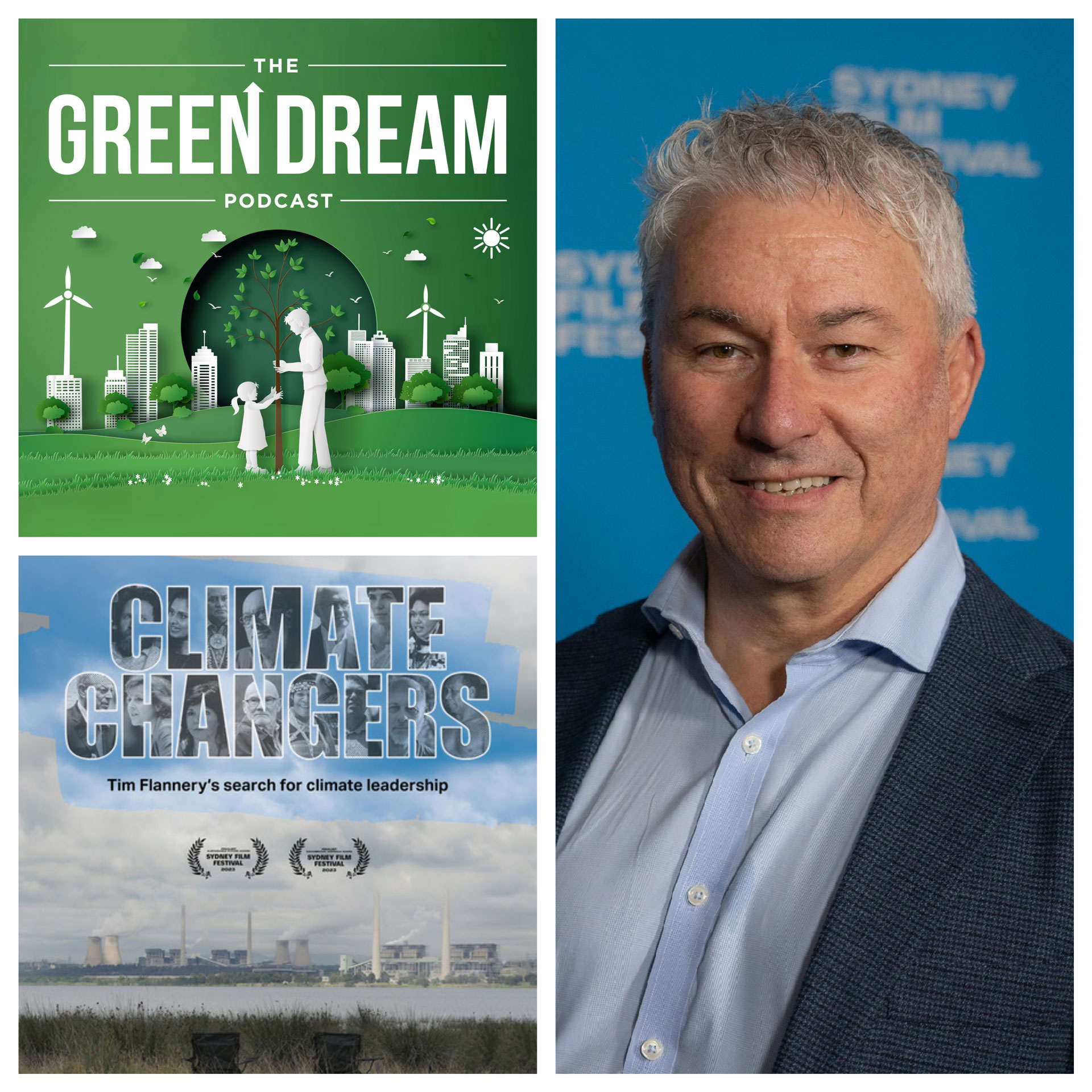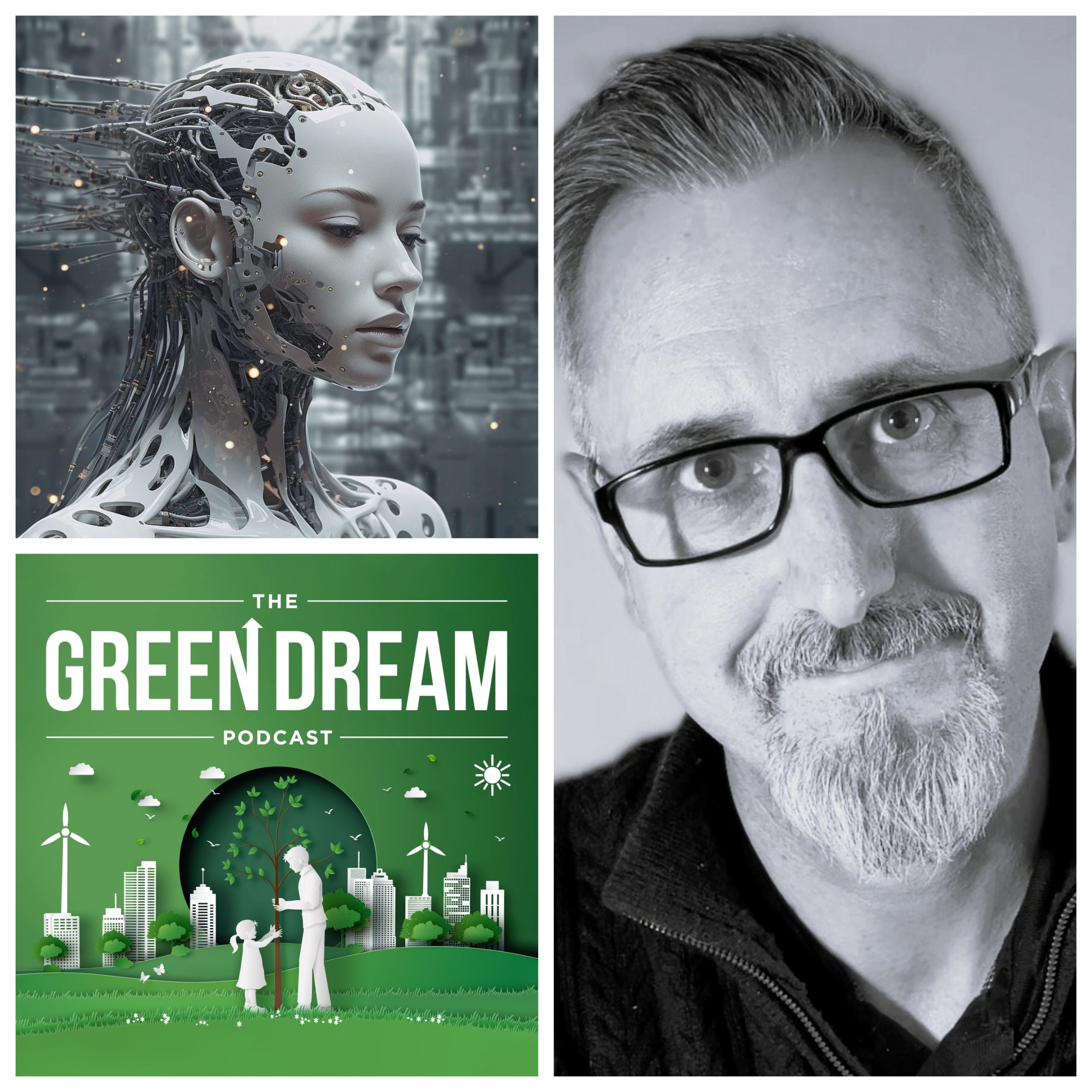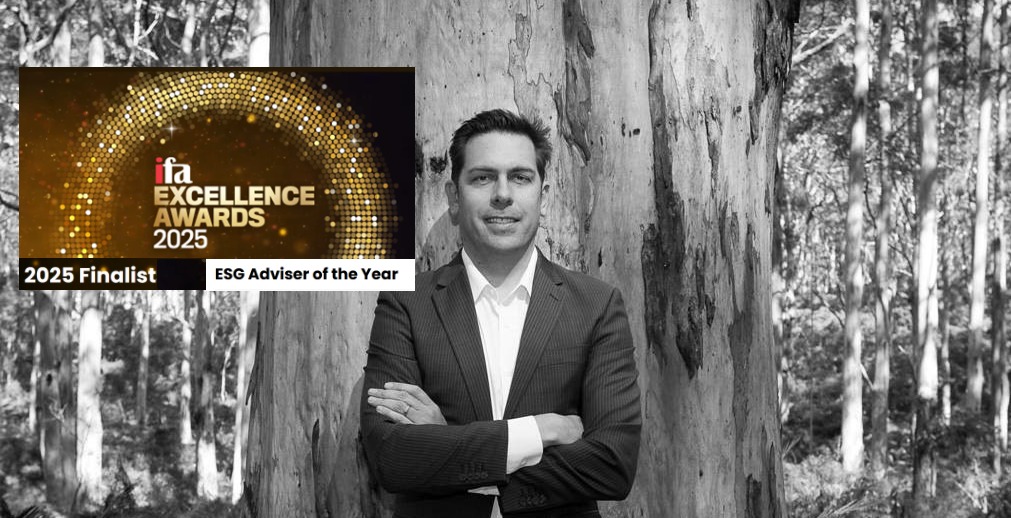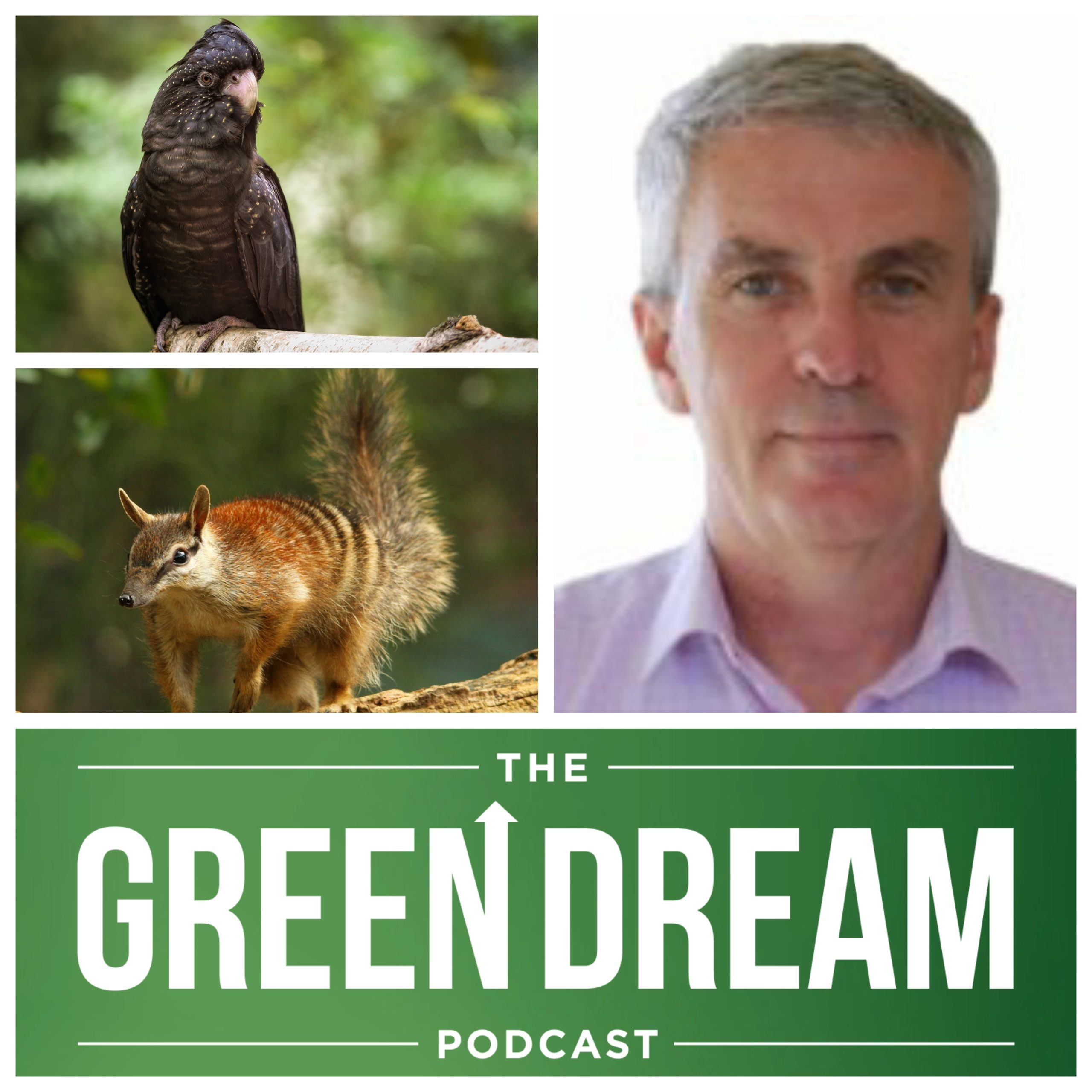This episode is fairly unique, because we’re talking about a new film release and ethical investment stock picks in the same conversation, and that’s because our interviewee has two careers – one in film, and one in investment.
Mark Forstmann has written and produced a new film called Climate Changers, which follows Tim Flannery’s search for leadership on climate change. In it, Tim travels the world meeting leaders past and present in the hope of finding answers to his questions about the future. It is currently being screened at selected film festivals, with a full release in September/October this year.
Mark is an Independent Investment Analyst and is currently a member of our Ethical Advisers Funds Management (EAFM) Investment Committee, so we took the opportunity to discuss some current investment examples within our Mid-Cap Australian Share portfolio. Please note that this is general information only, and not specific investment advice.
Mark has 28 years’ experience in investment markets including equities, currencies and fixed interest. Mark has worked with ethical fund managers such as Hunter Hall, Future Super and Morphic Asset Management, and served on the Board of the Nature Conservation Trust of NSW. He holds a Bachelor of Science from Sydney University.
In his second career, Mark Forstmann is a producer, director, and writer with experience ranging across drama and documentary. A graduate of Australian Film, TV & Radio School, his first feature as writer-director, MONKEY PUZZLE, won awards at several international film festivals, including the Best Environment Film at Shanghai International Film Festival.
Mark refers to recent carbon dioxide emissions – refer to CO2 emissions – Our World in Data for a detailed reference.
Finally, I’d like to explain a financial term that Mark refers to: EBIT (or EBITDA): this is an acronym for ‘Earnings before interest and tax’ (for EBIT) or the slightly more elaborate ‘Earnings before interest, tax, depreciation and amortisation’ (in the case of EBITDA). In short, it shows how much operating expenses are eating into a company’s profits, and the higher the EBITDA margin, the less risky a company is considered financially.
I hope you enjoy this discussion with Mark Forstmann.





